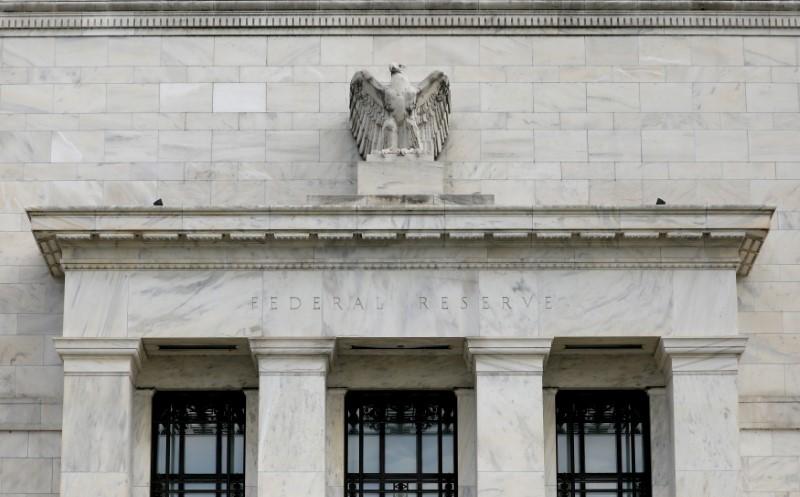Commentary
Consumer Price Index (CPI) day has been the same for most of the past 12 months. The numbers come in, and they’re not good. The mainstream media, however, immediately broadcast the Biden administration spin that inflation is easing, so stop worrying about it.





